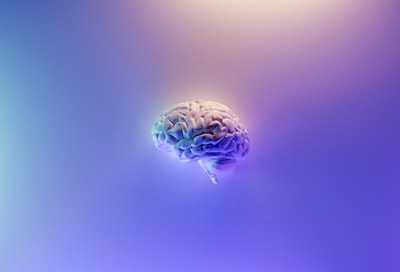HIV/AIDS: Why is it so difficult to treat or cure?
Human Immunodeficiency Virus (HIV) is a viral infection that affects the human immune system, leading to acquired immunodeficiency syndrome (AIDS). HIV is characterized by its ability to establish a latent infection in host cells, which makes it difficult to cure. HIV latency refers to the period when the virus remains dormant within infected cells, during [...]











